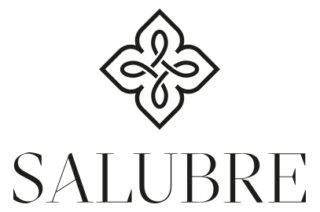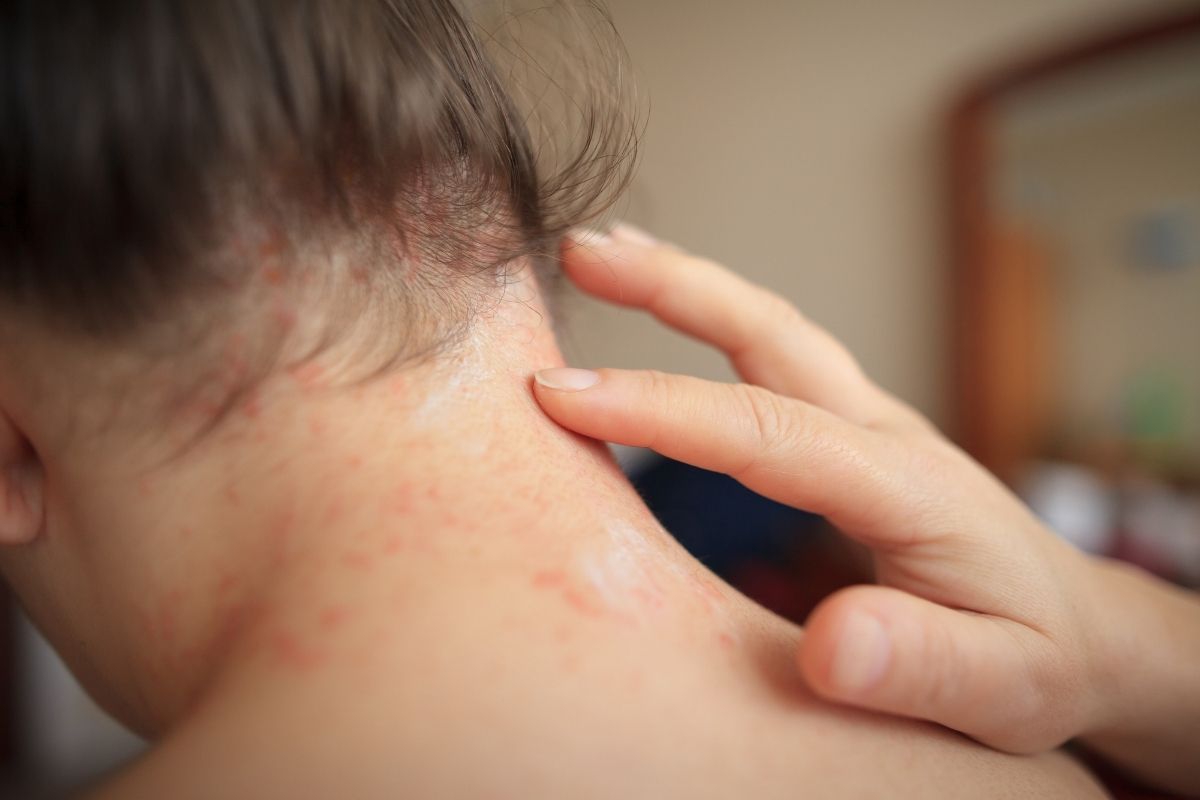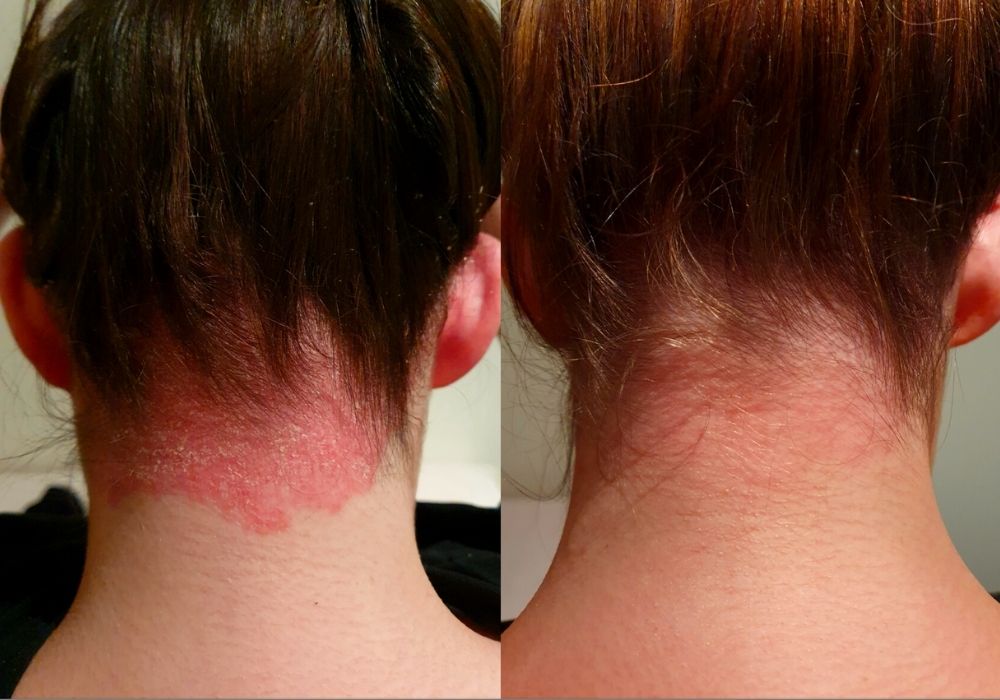Eczema and Psoriasis are inflammatory skin conditions. The appearance is quite different. Psoriasis is flakier and eczema has a leathery look to it. The main difference with eczema and psoriasis is the immunological response. Eczema sufferers will experience allergic reactions (IgE) compared to psoriasis (IgG) sufferers do.
IgE antibodies (Allergies): Create an immediate response which affects the skin, tissues and breathing, and may lead to anaphylaxis. IgG antibodies (Food Intolerance): Is a response experienced after specific food is consumed which then leads to inflammation. This can take up to 72 hours so the reason for the reaction may be unknown if there are multiple possibilities.
Eczema results from a histamine response, therefore the food recommended is slightly different to that recommended for psoriasis sufferers.
Typically, treatments for both can be the same due to the presence of inflammation in the skin. However, when it comes to treating these conditions internally there is a marked difference as the mechanism behind the disease states are quite different.


